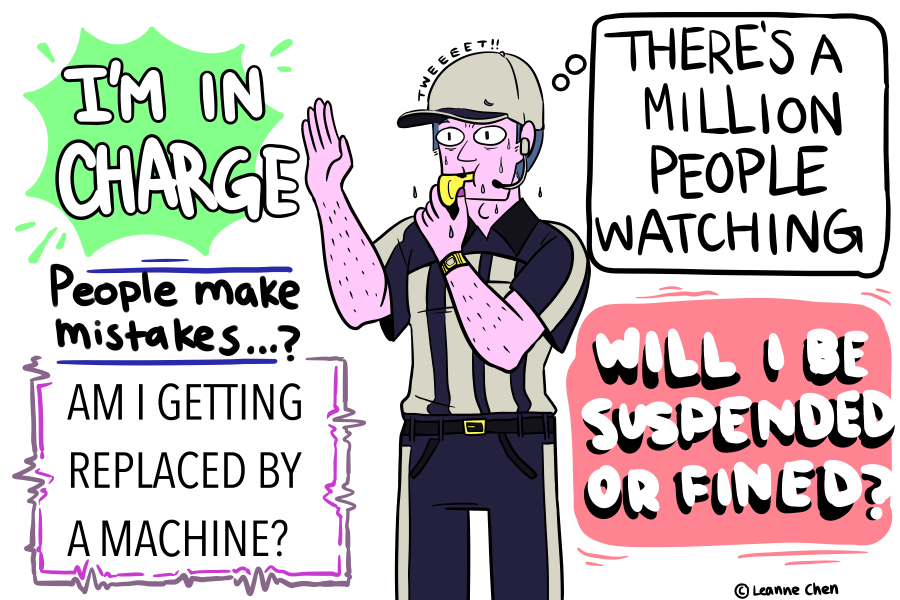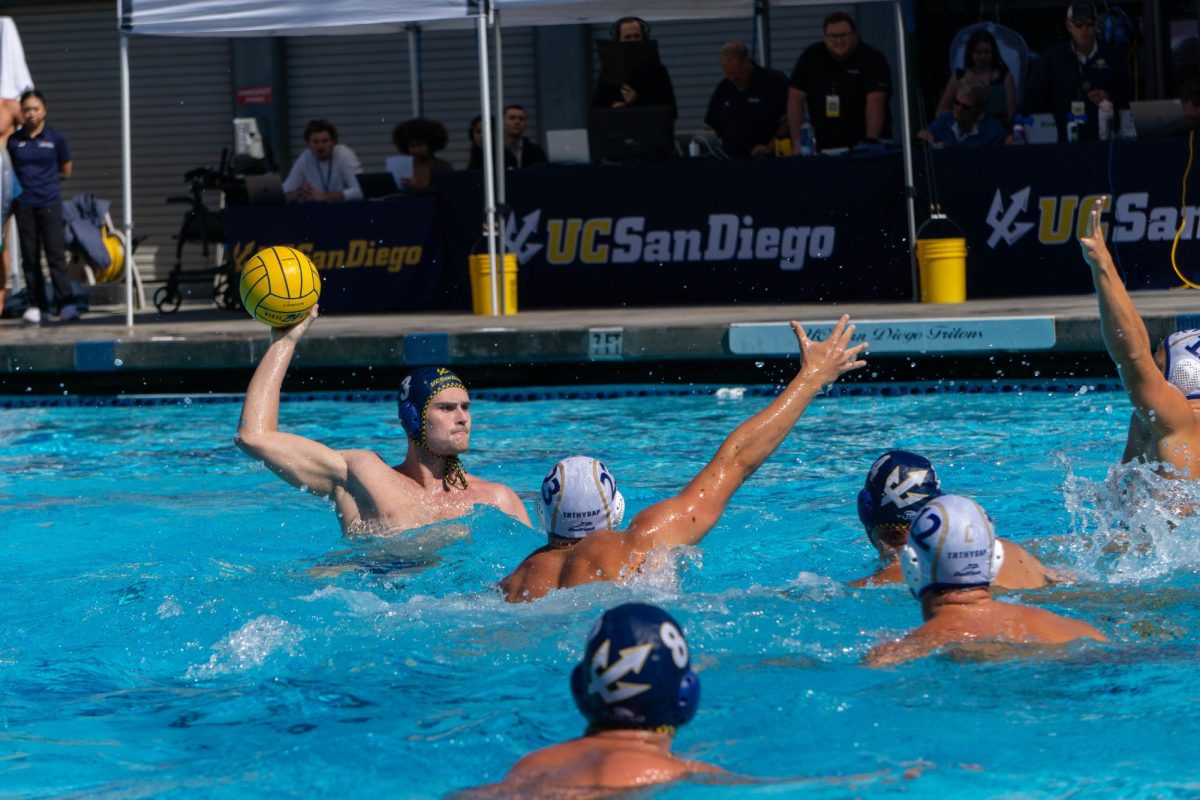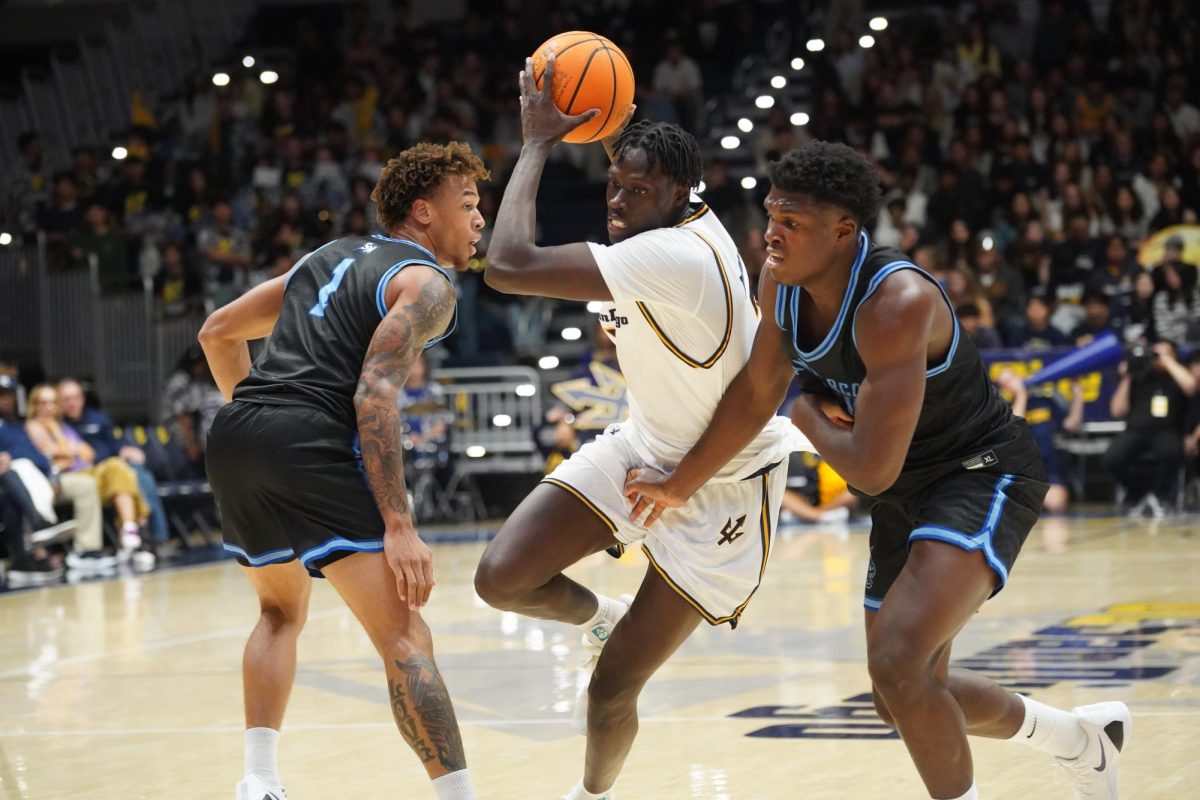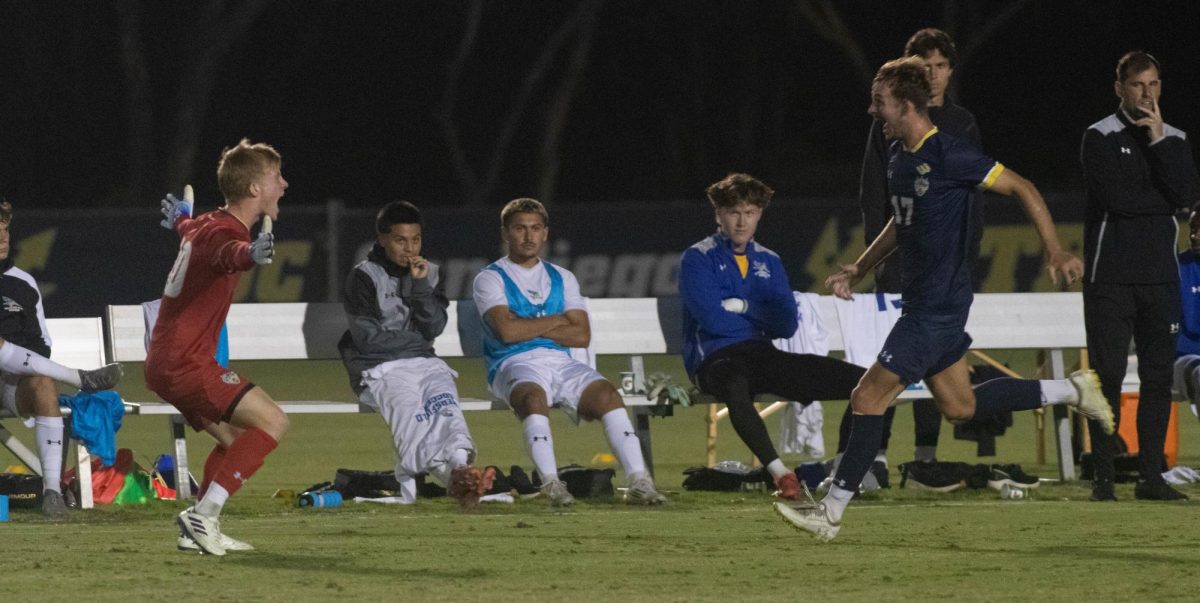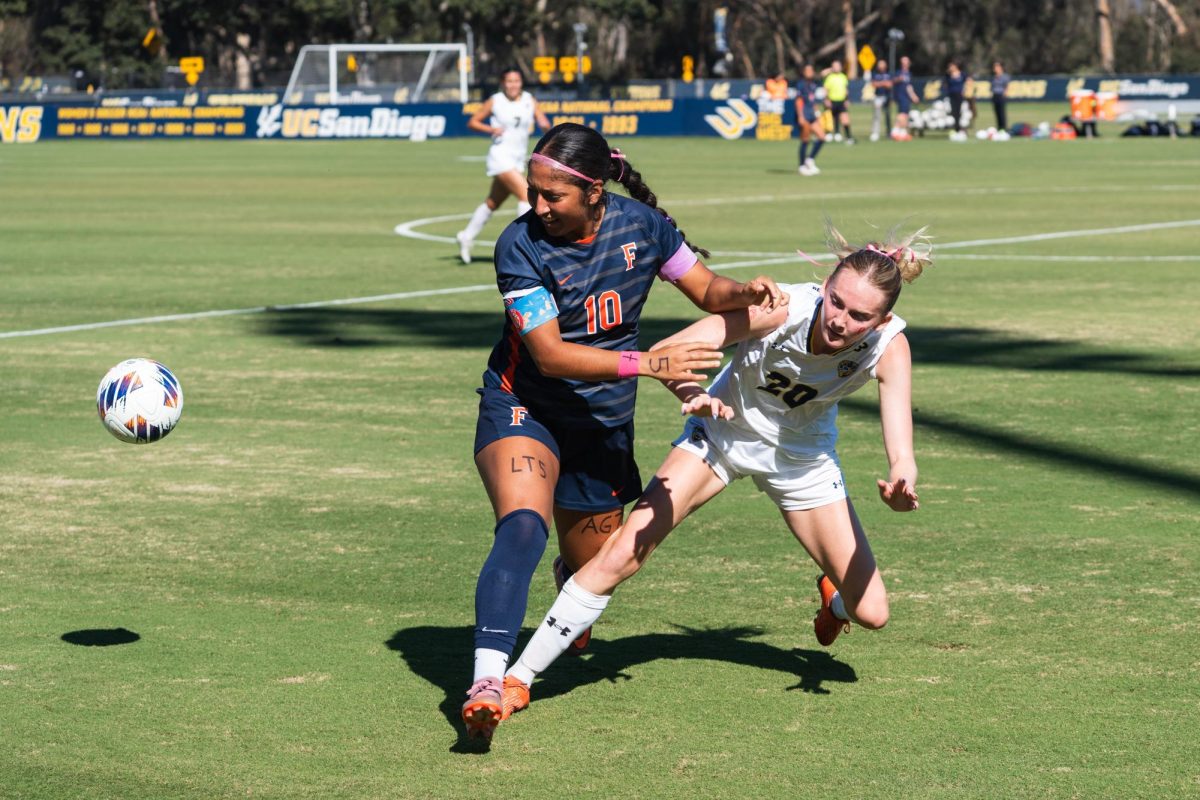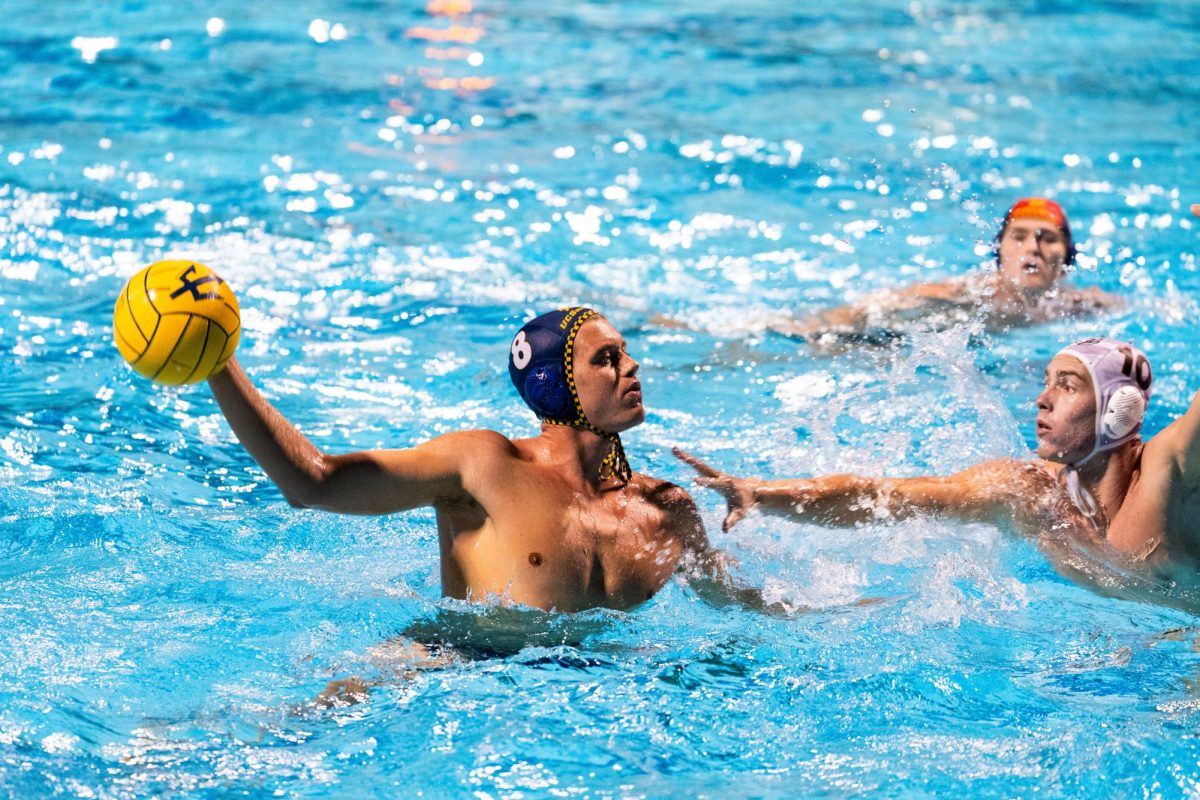Down 3 points with nine seconds left on the clock in Game One of the NBA Western Conference semifinals on April 28, Houston Rockets star James Harden pulled up for a game-tying three-pointer with the Golden State Warriors’ Draymond Green in his face. There was contact, Harden went down, the shot hit the rim, and no foul was called. The moment was a culmination of, to hear the Rockets tell it, a series of illegal defensive closeouts by Golden State. After the game, Harden and teammate Chris Paul were openly frustrated about the officiating — said Harden in his post-game press conference, “I just want a fair chance, man.”
The drama following Game One was just the latest in a never-ending pattern of controversy about the role of referees in sports. The Rockets added fuel to the fire the next day when reports indicated they compiled a memo of 81 missed calls from Game 7 of last year’s conference finals alone.
Ultimately, the problems stem from a balance that sports leagues have spent the last century trying to refine — an attempt to formalize the nebulous idea of ‘playing the way the game is supposed to be played’ while simultaneously weighing the safety and ordered structure of gameplay against the dangers of overregulation.
A similar situation played out on 3rd-and-10 with just under two minutes left in the NFL’s NFC Championship game on Jan. 20, as Rams cornerback Nickell Robey-Coleman rocked Saints receiver Tommylee Lewis before the ball even reached him — an obvious instance of pass interference. But the foul went uncalled, and it was the Rams, not the Saints, who would advance to the Super Bowl.
In the wake of such injustice, fans often call for more objectivity; if we could only make calls less subjective, there’s less room for the officials to mess up, or so the argument goes. For example, the use of a video assistant referee, or VAR, in the 2018 World Cup was almost universally lauded. And so, like clockwork, NFL owners voted to allow reviewing pass interference in direct response to the Robey-Coleman hit. And that’s the answer, right? Setting aside the fact that just about everything looks like a foul in slow motion, explicit objectivity seems like the solution to bad calls.
If only it were so clear cut. Sometimes strict adherence to the letter of the law doesn’t give us the result we want. Just as dangerous as incorrect calls are the teams whose style of play revolves around exploiting rulebook loopholes — and chief among them is the Houston Rockets. Former player Richard Jefferson pointed out on ESPN’s Jalen and Jacoby that Rockets staff track the pattern of calls by different referees and tailor playstyle accordingly, and SportsCenter host Scott Van Pelt showed tape of Harden kicking out and jumping forward on contested threes to oversell contact. Harden, last season’s MVP, has received criticism for years for abusing defensive rules, hooking opponents’ arms to simulate contact, and playing for free throws rather than good shots.
But if the Rockets, one of the premier NBA teams of the last few years, have gained success through this behavior, is it really such a bad thing for the game? And maybe more importantly is it really their fault?
It seems unfair for fans to criticize a team, whose only objective is to win, for doing what the rules allow them to do to reach that goal. The fact that Harden and Paul karate kick their legs out every time they shoot a jumper is simple game theory, and if the NBA allows this to become the dominant strategy under their rules, they are responsible for the unappealing result. Vague and confusing rules, like the NFL’s notoriously convoluted definition of a catch, or the very discretionary rules on what an NBA technical foul is, are also to blame for confusing sports fans, players, and referees further.
The cat-and-mouse game between teams trying to gain a competitive advantage and leagues trying to regulate will never end, and neither will anger at referees. After all, fans’ opinions rest more with whether the call goes against their team than the accuracy of the decision. We can only hope to avoid games, as with Warriors-Rockets or Saints-Rams, being bogged down in rules and those who enforce them overshadows the players and sports we love.


